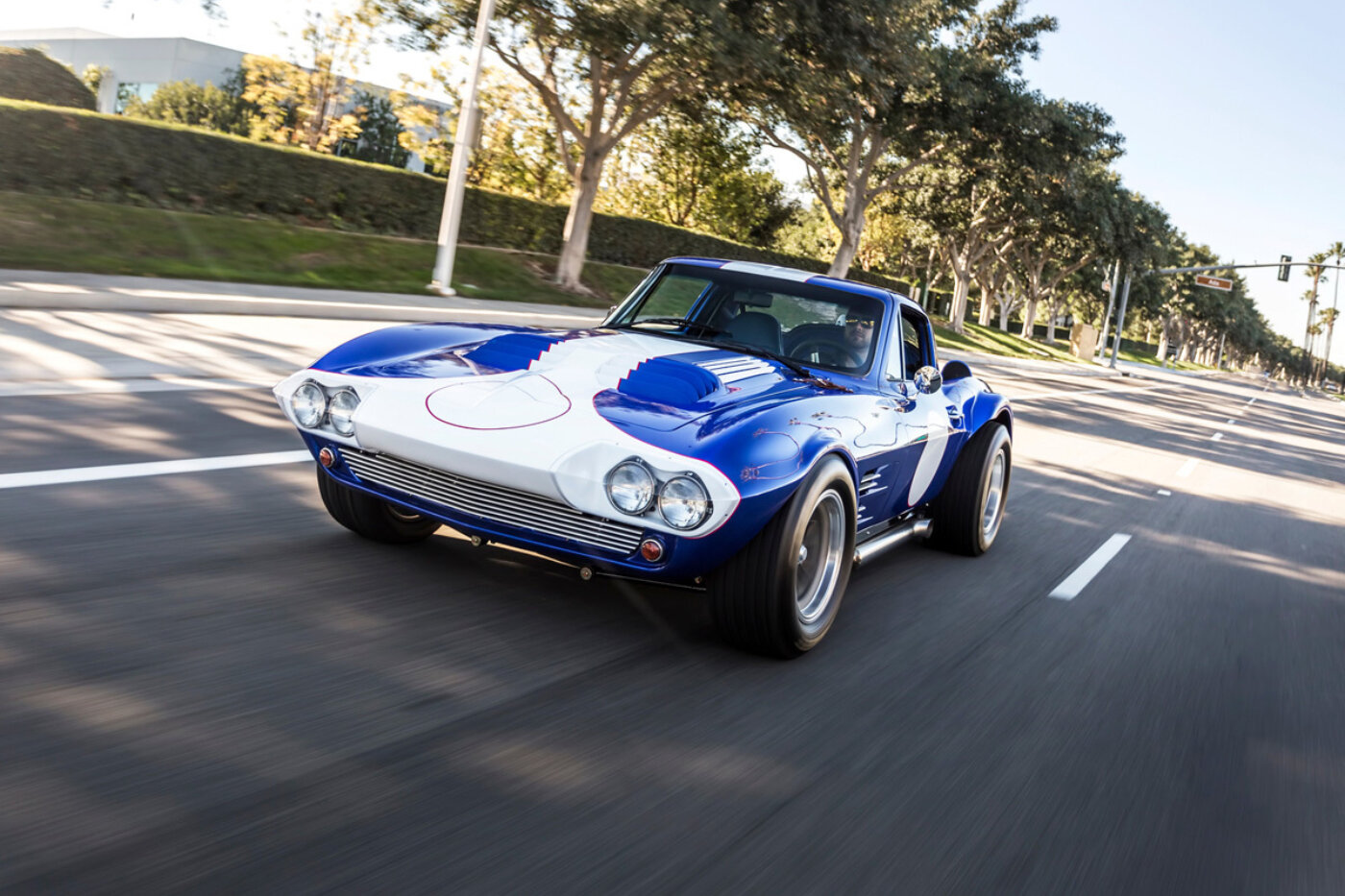
SEMA takes legal action against US DOT to implement H.R.2675
By Dean Larson
SEMA wasn’t bluffing. That’s clear from where we stand now, about one year after the Specialty Equipment Market Association threatened legal action against the U.S. Department of Transportation over the stalled Low Volume Motor Vehicle Manufacturers Act. Implemented in 2015 and set to take affect in ’16, the law is nearly three years delayed, impacting manufacturers and customers alike, prompting SEMA to take our case to the courts today.
The Low Volume legislation, officially titled H.R.2675, was included in a 2015 transportation funding bill (Fixing America’s Surface Transportation Act) and signed into law on Dec. 4, 2015. It effectively created a new avenue for regulating automobiles, one that works in conjunction with the mass-production route that’s existed since the 1960s.
Tailored for small-scale producers of quality replicas, this new manufacturing avenue allows low-volume automakers to sell up to 325 vehicles each year. Manufacturers are not given a free pass though, as the vehicles must replicate production automobiles built at least 25 years ago. There are many facets to the law, including who is and isn’t considered a low-volume manufacturer, intellectual property and licensing considerations, and a requirement that approved current model-year engines be used.
“The H.R. 22 legislation is good for consumers, because it increases competition and gives them more and better options,” says Tom Scarpello, CEO of Revology Cars. “It’s good for the environment, since these cars are equipped with modern, low-emissions engines, and, it also creates skilled manufacturing jobs here in the U.S. It is a rare win-win-win."
After the law was signed, the National Highway Traffic and Safety Administration, Environmental Protection Agency and the California Air Resources Board had 12 months to issue regulations and reporting guidelines so manufacturers could begin production in 2016. For their parts, the EPA and CARB have developed guidelines and regulations for the program, but NHTSA has yet to comply. With no one to hold the agency accountable, years have passed without consequence since the initial and extended deadlines expired.
“SEMA warned NHTSA in 2018 that it would file suit if companies could not begin production of turnkey cars as authorized by the FAST Act,” says SEMA President and CEO Christopher Kersting. “SEMA has made every effort to work collaboratively with NHTSA for over three and a half years, although the agency has taken no action to implement the replica car law. Consequently, companies have not hired workers, businesses have lost money, and consumers have been denied their rights to purchase replica cars.”
In addition, NHTSA’s side of the bargain is pretty straightforward, and is essentially an extension of the commonsense approach that the agency has applied to kit cars for decades. The law requires NHTSA to “issue such regulations as may be necessary,” but the agency has had other options that would allow companies to begin production immediately. NHTSA could release a guidance document, which would be a simple outline of its position and intended course of action. Repeatedly, SEMA has reached out to NHTSA offering advice and assistance in drafting such documents, but no progress has been made.
NHTSA’s failure to implement its piece of the Low Volume Motor Vehicle Manufacturers Act has been a big loss for manufacturers, entrepreneurs and customers thus far. Upon the passage of the law, existing manufacturers invested funds to ramp up production, hoping to expand their businesses in the turnkey sector.
“The delays have cost us quite a bit here, with idle inventory and turnkey sales we’re missing out on,” Lance Stander, Superformance CEO, told ReinCarNation back in 2018. “We also invested early in projects that would be covered under the Low Volume program, and have been unable to finalize them.”
Scarpello echoes the sentiment, laying out exactly how the firm is unable to capitalize on the investments it made in line with the Low Volume bill.
“Revology Cars builds new reproduction Ford- and Shelby-licensed 1960s Mustangs and Shelby GTs,” he says. “We made a major investment to develop a vehicle platform that complies with the H.R. 22 legislation; specifically, to allow it to accommodate the modern emissions-compliant engine. The modern engine required a complete redesign to the entire front structure of the car. This investment would not have been necessary with an older, non-emissions-compliant engine, and it has increased our costs significantly with no offsetting revenue or volume benefit.”
We’ve also been in contact with prospective entrepreneurs over the past few years, all looking to take advantage of the new legislation. With the law in limbo, individuals are hesitant to invest funds and go into business. In addition, customers are left with fewer options, and the industry has been held back from a huge leap forward.
James Espey, vice president at DeLorean Motor Co., says the delayed implementation of the law has impacted all facets of the new business.
“The little work that is legislatively mandated from NHTSA is approaching three years overdue,” he says. “Our chosen engine supplier has advised that our engine of choice for the low-volume DeLorean will be discontinued in 2022, making the development time and expense undertaken to date, wasted. Initially enthusiastic suppliers have grown weary of waiting, potential staff have moved on to other jobs, interested buyers and possible dealers have made other buying choices.”
While the delayed implementation of the Low Volume Motor Vehicle Manufacturers Act has amounted to costly delays and missed opportunities, it is, without a doubt, the most important piece of legislation passed in our hobby in many years. We all owe a great deal to SEMA and its legal affairs team, which has tirelessly pursued this issue.
"All of us in the auto aftermarket and custom car business can learn from the past,” says Dave Smith, CEO of Factory Five Racing. “There are plenty of people who don’t think like we do and we need to rally together to protect our rights and our hobby. SEMA is the flag we can all rally under and while nobody wants legal action, I think this is the best course to get the law (that is already law) finally enacted.”
SEMA filed its suit against the DOT in California appellate court Thursday, Oct. 17, 2019 — stay tuned.

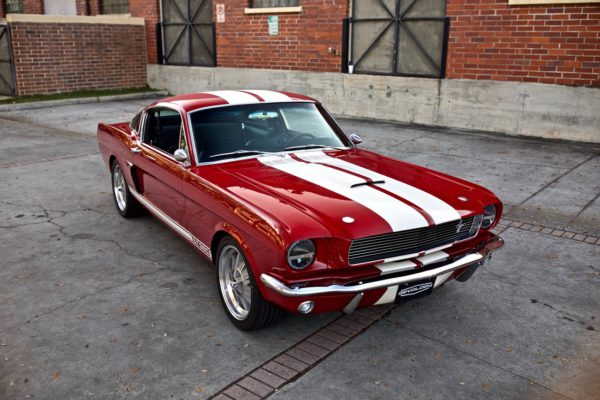
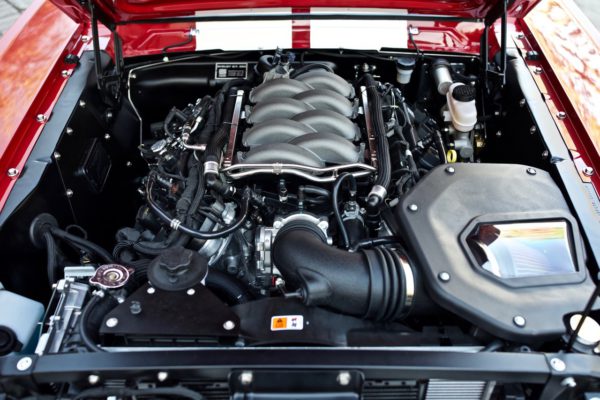

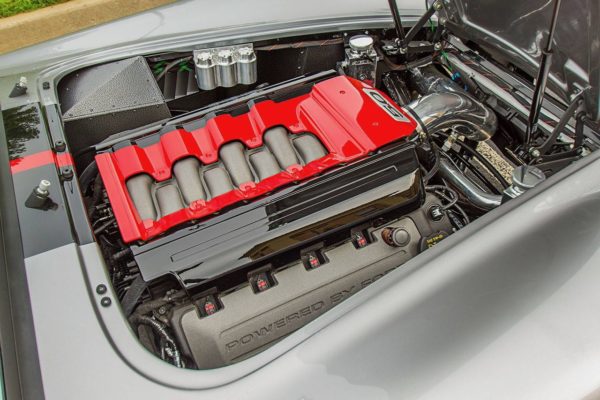

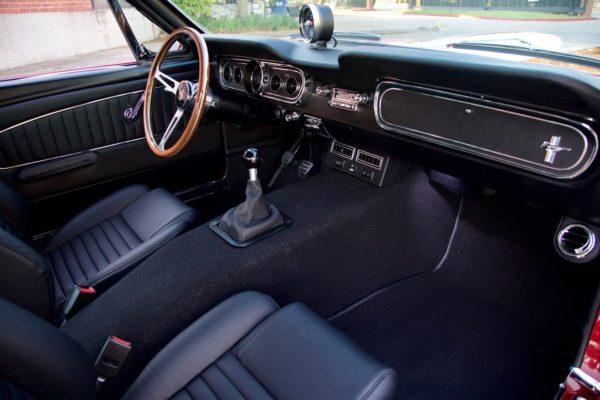

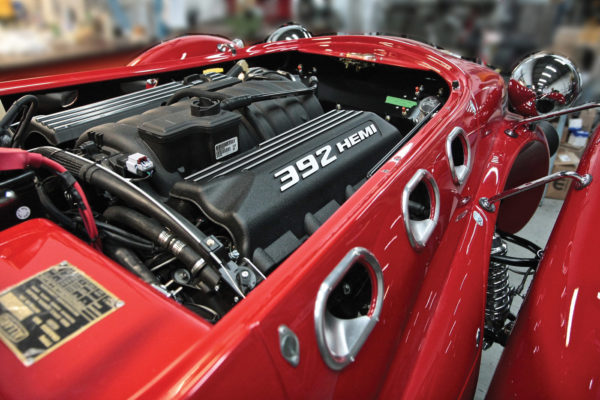
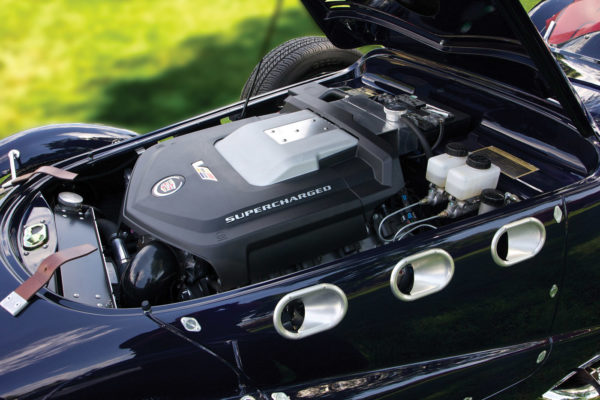


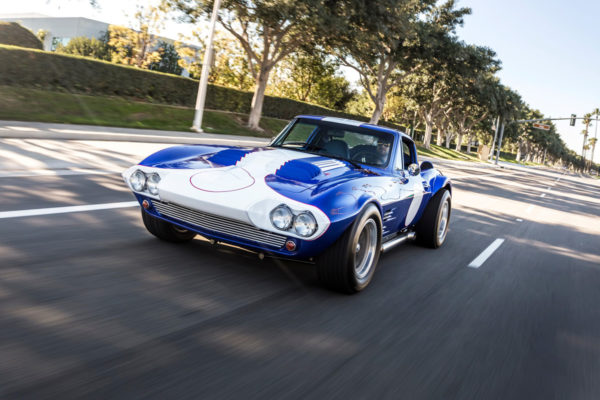

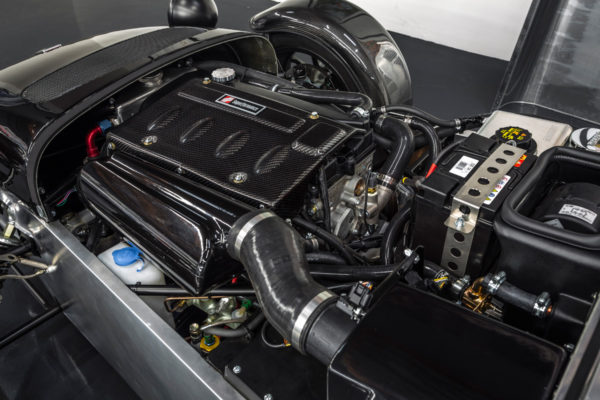


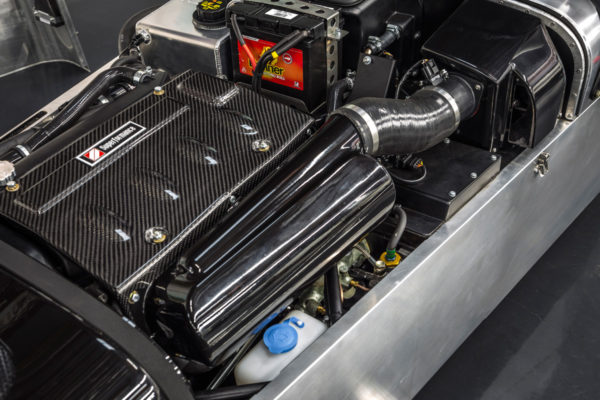
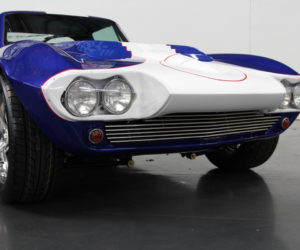
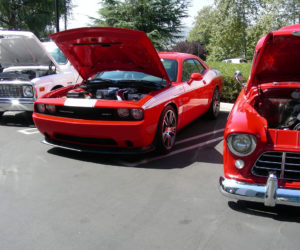

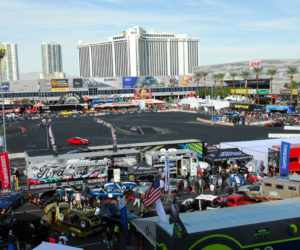
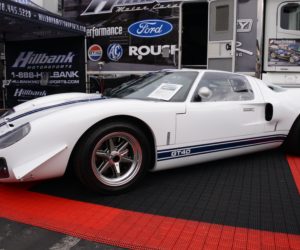
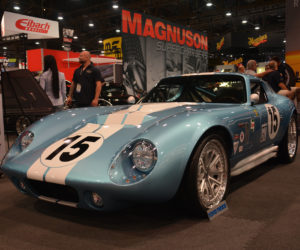




Comments for: SEMA Sues US DOT Over Delayed Low Volume Legislation
comments powered by Disqus